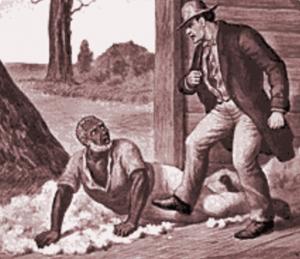Last week’s New York Times Magazine contained a very interesting profile of Freeman Dyson. Dyson is a famed physicist, anti-war and anti-nuclear activist, and Obama supporter. He is also a global warming skeptic.
Actually, ‘global warming skeptic’ is a bit of a misnomer. From from I could glean from the article, Dyson agrees that the Earth is getting warmer and that human activity is probably responsible. His disagreements with the “consensus” touted by Al Gore et al. focus on what should be done about it. According to Dyson, the potential negative consequences of global warming have been overblown, and are partly offset by some positive consequences that a warmer earth might bring. In addition, what negative consequences global warming does bring can be ameliorated much lower cost than what would be required to stop climate change simply by controlling emissions (Dyson’s own preferred solution is to use massive carbon sequestration, possibly with plants genetically engineered to eat up large amounts of carbon).
Here is a taste:
Dyson has great affection for coal and for one big reason: It is so inexpensive that most of the world can afford it. “There’s a lot of truth to the statement Greens are people who never had to worry about their grocery bills,” he says. (“Many of these people are my friends,” he will also tell you.) To Dyson, “the move of the populations of China and India from poverty to middle-class prosperity should be the great historic achievement of the century. Without coal it cannot happen.” That said, Dyson sees coal as the interim kindling of progress. In “roughly 50 years,” he predicts, solar energy will become cheap and abundant, and “there are many good reasons for preferring it to coal.”
(HT: Will Wilkinson)
UPDATE: It turns out that aside from being a kick ass scientist and global warming critic, Dyson is also a believer. Regarding the famous quip that “good people will do good things, and bad people will do bad things. But for good people to do bad things—that takes religion,” Dyson says:
[The] statement is true as far as it goes, but it is not the whole truth. To make it the whole truth, we must add an additional clause: “And for bad people to do good things—that takes religion.” The main point of Christianity is that it is a religion for sinners. Jesus made that very clear. When the Pharisees asked his disciples, “Why eateth your Master with publicans and sinners?” he said, “I come to call not the righteous but sinners to repentance.” Only a small fraction of sinners repent and do good things, but only a small fraction of good people are led by their religion to do bad things.











